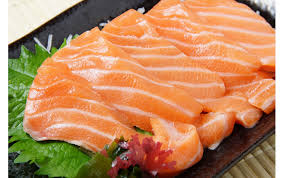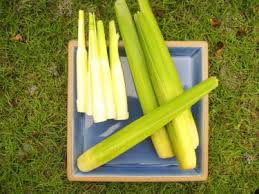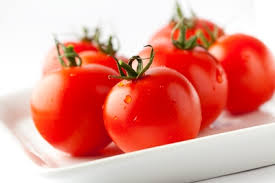Prostatitis: Is Raw and Cold Food Much More Healthier as People Say?
Date:2024-09-11 click:0
With the increasing popularity of Western-style food, Japanese and Korean cuisine in China, many people are beginning to accept raw food, sashimi, vegetable salad everywhere, and even raw beef, oysters. People who love raw food think that eating raw is a healthier way to eat because cooking food can destroy its nutrients. But is raw food really healthier?


Experts tell us that raw food is no healthier than cooking food. Proper cooking can improve the digestibility of food, kill parasites and harmful microorganisms, and eliminate some pesticide residues. Although cooking food does lose some nutrients, there are also some nutrients that are elevated.
Infectious pathogenic bacteria and parasites in raw food
There is a risk of microbial contamination in the production, storage, processing, and transportation of raw meat and seafood. Common bacterial contamination includes Salmonella on raw eggs, E. coli O157: H7 in raw beef and Vibrio vulnificus in oysters. Freezing, chili sauce, mustard, smoking, drinking and so on can not completely kill harmful bacteria, only fully heated is the safest process. Even sashimi is not as safe as they are supposed to be. Seafood can also carry parasites, the most terrible of which is heterotopic nematodes.
Moreover, the host of parasites is not limited to animals, and eating aquatic plants may also infect parasites. There is a parasite that infects the root tubers and stems of aquatic plants, such as water chestnut, turbot horn, water rhubarb horn, water bamboo, and lotus root. This parasite is called Ginger Fasciola brucei, or Ginger Fasciola for short.


Cooking improves nutrient content and absorption
Many people think that food is not good for absorption after being heated. For example, it is often said that heating proteins denature and affects absorption. In fact, protein denaturation does not mean that it reduces digestibility and absorptivity. Proper heat treatment can stretch the structure of proteins and expose some buried amino acid residues, which is conducive to the catalytic hydrolysis of proteases in our body, not only does not affect the absorption but also promotes the digestion and absorption of proteins.
In addition, although cooking vegetable does cause some nutrient losses, such as vitamin C, vitamin B, and so on. But there are also some nutrients that have increased. A study of 198 men in Germany found that more than 95% of them ate raw food. Researchers measured lycopene levels in their bodies.


The results showed that lycopene levels in these men were low, and more than 80% of the subjects were below average. In fact, not only tomatoes but also carrots, spinach, mushrooms, asparagus, cabbage, pepper, and many other vegetables produce more antioxidants, such as carotenoids and ferulic acid.
For a group of people, raw and cold food is especially needed to avoid, that is, prostatitis patients. Raw and cold food can be used as a cold stimulus to constrict the prostate, resulting in unfavorable urine flow and aggravating the condition. At the same time, patients can cooperate with Diuretic and Anti-inflammatory Pill, which has a good curative effect, to promote diuresis and relieve stranguria, promote blood circulation and removing blood stasis, effectively improve the discomfort and symptoms caused by these external factors, and remove the focus from the root.
Of course, it is not advisable to overcook food. If the heating temperature is too high and the cooking time is too long, it will destroy the nutrition of food and even produce harmful substances. If meat is heated for too long, it will produce burnt taste, which is protein overdenaturation. In addition, too high temperature will lead to the oxidation of fat in meat, and even produce harmful substances such as acrylamide, benzopyrene, heterocyclic amine.


Appropriate processing is also conducive to the removal of agricultural residues
Usually, cooking allows people to eat more vegetables than raw ones because raw vegetable plants have a hard cell wall, which increases the burden of digestion. In addition, cruciferous vegetables such as broccoli, cauliflower, radish, etc. contain the odor of sulfide when uncooked. If eaten raw, they are generally more difficult to eat. In addition, the proper cooking process is also conducive to remove pesticide residues in vegetables and reduce health risks.



